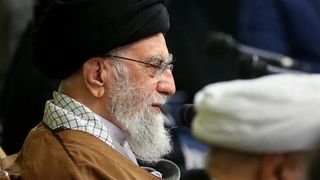Ata Mohamed Tabriz
Iran analyst
Ata Mohamed Tabriz is a researcher in political science and contemporary Iran

Iran analyst
Ata Mohamed Tabriz is a researcher in political science and contemporary Iran

On the eve of the return of UN sanctions against Iran, all sides insist the doors of diplomacy remain open, but the table beyond those doors looks less like one for negotiation than for autopsy—an exercise in assigning blame for a failure long deemed inevitable.
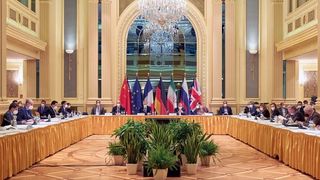
Facing a grinding crisis and mounting calls at home to change course before disaster strikes, Iran’s rulers still speak in a language that suggests they prefer the risks of war to the uncertainties of reform.
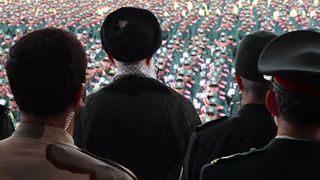
A 12-day war with Israel has ushered Iran into a new phase where crisis is no longer episodic but structural—an unstable order held together by instability itself.
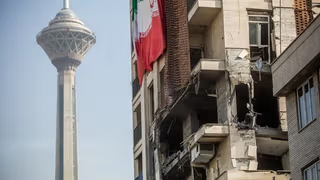
Since the US exited from the 2015 nuclear deal, Tehran has neither raced toward a bomb nor returned to full compliance, maintaining a state of strategic suspension that might best be described as rule at the threshold.
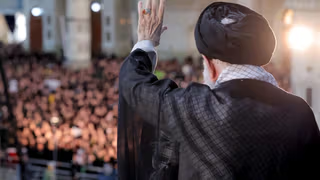
The Islamic Republic has entered a new phase of security governance—one where control is no longer maintained solely through arrests and bullets, but through data analysis, surveillance, and information engineering.

Tehran and Washington are set for another round of talks this weekend, but early optimism has dampened amid deep mistrust and mutual threats of attack, making any deal unlikely to lead to a lasting peace.
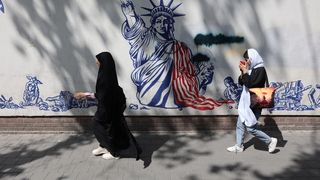
The threat of war looming over Iran by President Trump’s ultimatum to make a nuclear deal or face attack may be a blessing in disguise for rulers in Tehran as they seek to manage growing popular discontent.
